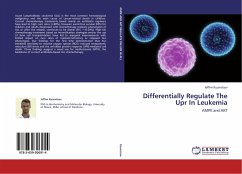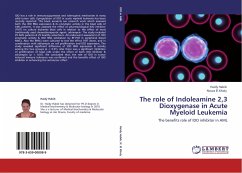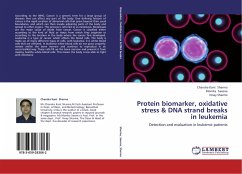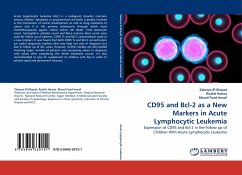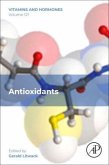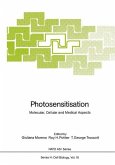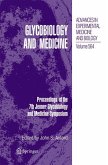Acute Lymphoblastic Leukemia (ALL) is the most common hematological malignancy and the main cause of cancer-related death in children. Current chemotherapy treatments based mainly on antifolate regimens have lead to high cure rates ( 80%), however event-free survival (EFS) for children and adults diagnosed with chemotherapy resistant phenotypes of ALL or after the relapse, continues to be dismal (EFS 10-20%). High-risk chemotherapy treatment based on intensification strategies and/or the use of stem cell transplantation have led to marginal improvements with limited impact on cure rates of resistant/refractory or relapsed ALL phenotypes. Our findings for the first time demonstrated that ALL exhibited sensitivity to reactive oxygen species (ROS) -induced endoplasmic reticulum (ER) stress and the unfolded protein response (UPR)-mediated cell death. These findings suggest a novel use for methotrexate (MTX), the backbone of current antifolate-based ALL chemotherapy.
Bitte wählen Sie Ihr Anliegen aus.
Rechnungen
Retourenschein anfordern
Bestellstatus
Storno

